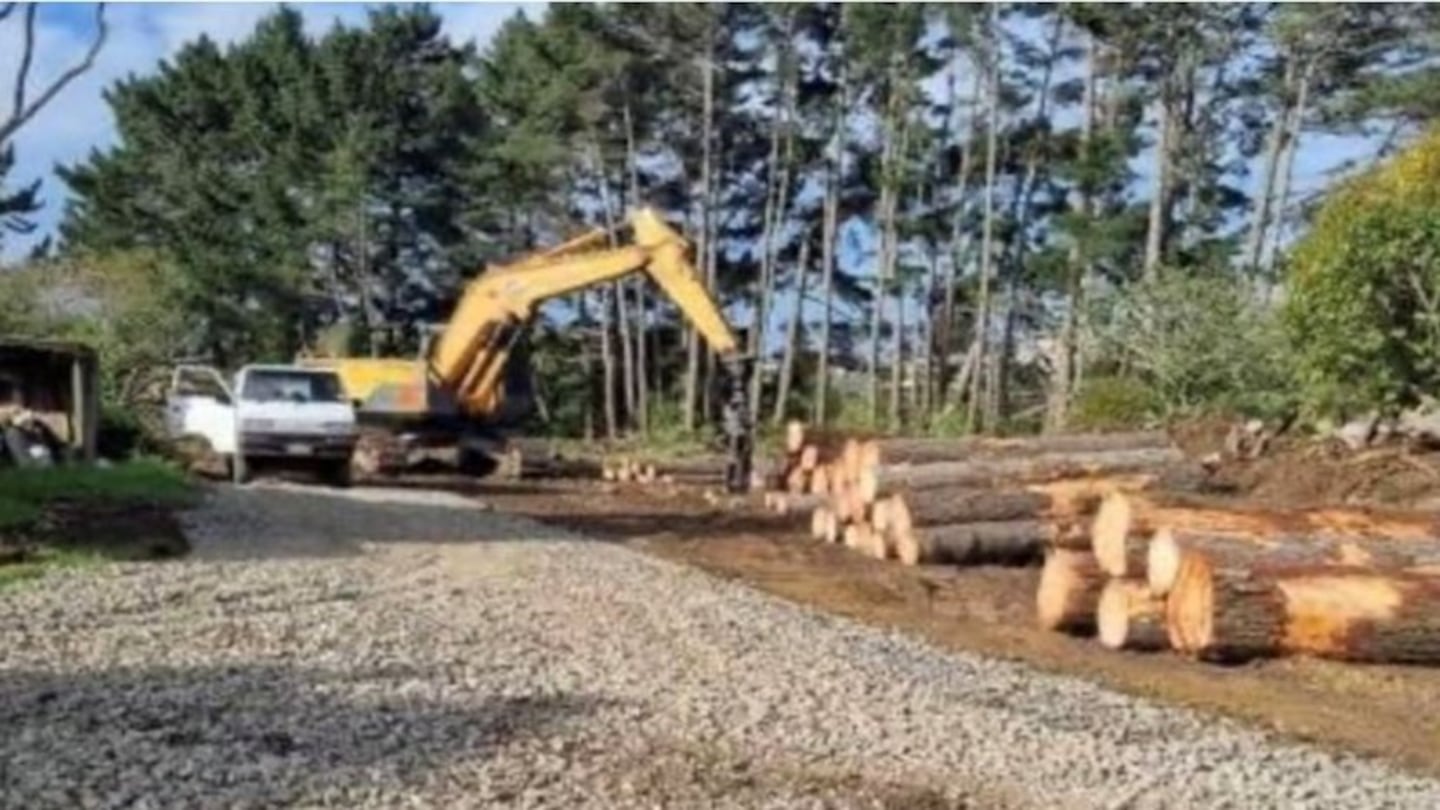By Aden Miles Morunga, Local Democracy Reporter
A Waikato iwi is weighing into the debate on the harsh reality for Māori building on ancestral whenua.
Tainui ki Whāingaroa suggests additional funding streams and councils with dedicated Māori units to facilitate issues around whenua freehold land are ways to alleviate the pressures from an "unfair system".
While the iwi developed the Waikato Agencies Papakāinga Forum with Waikato District Council, Waikato Regional Council, the Māori Land Court and primary funders Te Puni Kōkiri to help build its papakāinga, they experienced "several impassioned but unsuccessful attempts" to progress.
"Yes (it was difficult) to move forward in terms of developing the whenua itself, we would have and most definitely have in the past struggled as has happened for many years," Rākaunui 1B Ahuwhenua Trust chairperson Monika Newton-KareKare said.
The road blocks with Māori freehold land included misinformation about processes, a lack of administration to be guardians of the block and a lack of accessible funding.
"The more funding that is directed into the right channels the better.
"More in-depth training and upskilling of existing and potential trustees [are needed]. Whānau are the ones that ultimately have to drive and make decisions for their whenua.
"This is a huge issue that some whānau go onto trusts not realising the responsibility and the time and energy that requires good governance."

While some city and regional councils use democracy teams and in Hamilton City Council's case, a Maangai Maaori unit, Newton-KareKare said the process would benefit Māori if councils had a committed Māori unit to navigate this process, and dealing with everything from rates to consents.
"Easing of restrictions is starting to happen for our whenua for all consents and requirements which is already in the hands of our MPs to get the changes happening from the top."
Building on ancestral whenua also required enormous resources and funding.
"In my view we must encourage all to succeed and set up whānau trusts which will sit under the umbrella of an ahu whenua trust (common land trust) with more owners. Once this is done we take that obstacle away from our mokopuna (grandchildren), do it once and do it properly."
Local Democracy Reporting understands it's far more difficult to get a loan to build on whenua Māori than to get an individual mortgage.
"Māori land can't be easily sold because it is owned by multiple people and protected from being taken from Māori ownership under the Te Ture Whenua Act 1993."
That meant the land could not be used as security for a mortgage, as it was with other mortgages.
However, the Kāinga Whenua loan scheme was implemented by Kāinga Ora, Kiwibank, and the Māori Land Court to provide loans with no deposit.
It uses the house as security, instead of the land. The loans were capped at $200,000 but the recent Budget increased that limit to $500,000. The terms stipulate that houses must be built on removable piles so that in the event of a loan default, they can be removed. Houses can only be one storey high and no smaller than 50 square metres.
Rākaunui 1B Ahuwhenua Trust was able to progress with building on its whenua through a partnership with parties including Waikato District Council and Te Puni Kōkiri.

Newton-KareKare encourages other iwi to explore similar options.
"I think whānau need to engage more with all the help, education and assistance that is currently out there and available."
A Waikato District Council spokesperson said the partnership streamlined a process which provided a successful pathway for mana whenua.
"Waikato District Council is committed to continuing to work with the Papakāinga Forum with the current process which helps to alleviate pressures Māori are facing when building on their whenua and [to] achieve best outcomes."
Te Puni Kōkiri said the Waikato Agencies Papakāinga Forum was a positive example of how a collaborative partnership has helped mana whenua achieve their aspirations to return and live on their whenua.
"The role Te Puni Kōkiri has in Māori housing is twofold - firstly, as a ministry working across the sector to ensure that organisations collaborate, where necessary, to ensure any barriers mana whenua may encounter are managed; secondly, as a funder to support mana whenua realise their aspirations of building and living on their whenua."
Local Democracy Reporting is a public interest news service supported by RNZ, the News Publishers' Association and NZ on Air.


